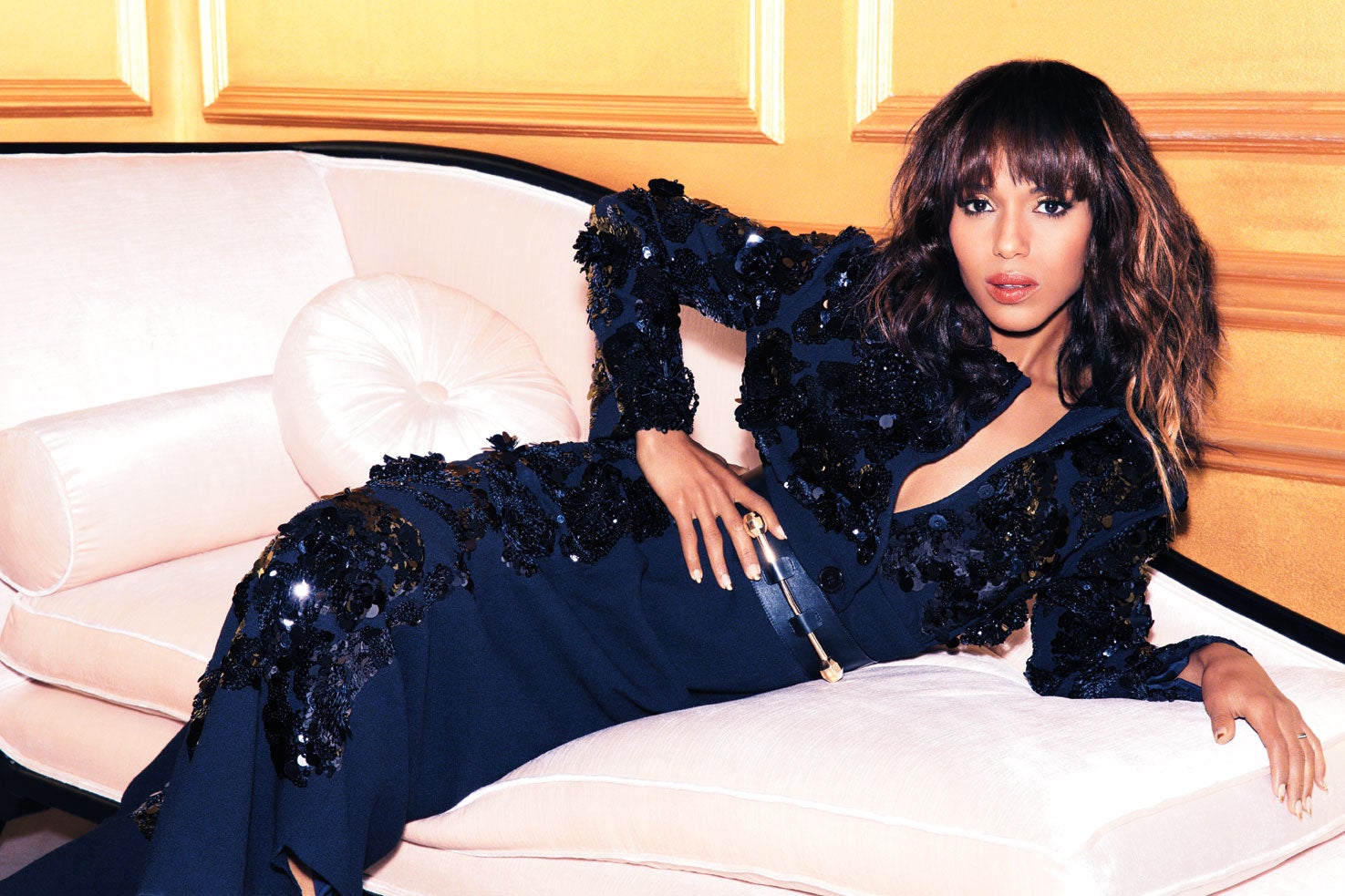
As 2013 comes to a close, we can look back and see a mixed bag of a year for Black women’s representation in the media. A handful of pop culture events tell the tale: the public shaming of Rachel Jeantel during the George Zimmerman trial, the appeal of Olivia Pope, and the mic drop that was Beyonce’s stealth album. Jeantel represented one of the common tropes you see in media when it comes to Black women. As ESSENCE points out, there are often a few stereotypes that are overrepresented in media—negative imagery of Black women is seen twice as often as positive images. These images include Baby Mamas, Angry Black Women, Unhealthy Black Women and Uneducated Sisters. Sound familiar at all? You can find these tropes throughout a lot of our pop culture today. On their own, there is nothing wrong with a character possessing some of these traits. But when it is a constant theme throughout various movies, shows, etc, that is when it becomes a problem.
Jeantel took the stand to testify against the man alleged to have murdered her friend, and was mocked on the news and on Twitter for her size, education level, complexion. She seemed to fit the stereotype of the kind of Black woman we don’t care about. The kind of women we mock; the kind of women who populate daytime TV and reality shows. If that is constantly the type of Black woman you see on TV, what does that do to your perception of Black women in general? And what does that do to young Black women themselves? Especially those who aren’t taught a strong sense of self-worth at home or school?
It’s not news that we must have more diversity in both the entertainment and media industries. But it bears repeating. There is a reason why Scandal is such a runaway hit; well actually, there are many reasons—great writing, directing, acting and clothing choices. But I also see a lot of Scandal watchers on Twitter celebrating the fact that not only is the lead character a Black woman, but she isn’t what you typically see on TV. That’s not to say Olivia Pope doesn’t have her problems (too many to list here, but I get the Fitz thing girl, I do), but she is a complicated character in a way that is universal and doesn’t play into stereotypes about her race. It’s refreshing.
What’s also refreshing is Beyoncé’s secret album/video manifesto that was released last week. We can argue about the merits of her music and talent. But I don’t think anyone can question the power and influence she yields in the entertainment world. The fact that there were deep and thoughtful discussions on Twitter about whether or not Beyoncé is really a feminist warmed my heart. Anything that broadens the definition of what it means to be a Black woman in a positive direction is good by me.
So with that, I am hopeful that 2014 will see us continue to see Black women make strides on screen, behind the camera, in the recording booth and at the ballot. We are a diverse, dynamic bunch, and we should see that reflected back in our media.
Daniella Gibbs Léger, a former special assistant to President Obama, is the Vice President for American Values and New Communities at the Center for American Progress. Follow her on Twitter @dgibber123